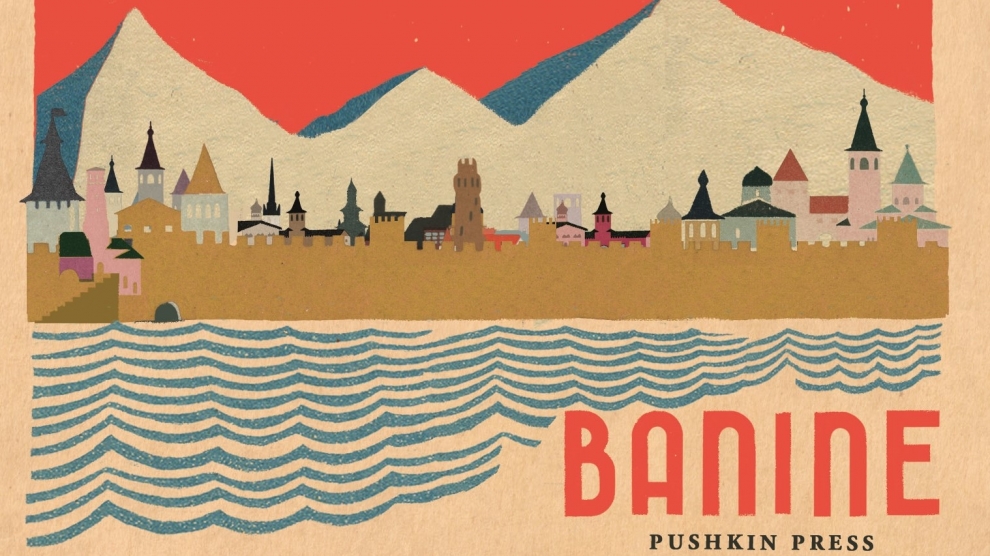Written in 1945 but never before translated into English, Days in the Caucasus by Banine is a coming-of-age story and a portrait of a vanished world. Banine shows us what it means to leave the past behind, and how it haunts us.
Banine was born Umm El-Banu Assadullayeva in 1905, into a wealthy family in Baku, Azerbaijan, then part of the Russian Empire. Following the Russian Revolution and the subsequent fall of the short-lived Azerbaijan Democratic Republic, Banine was forced to flee her home-country – first to Istanbul, and then to Paris. In Paris she formed a wide circle of literary acquaintances including Nicos Kazantzakis, André Malraux, Ivan Bunin and Teffi and eventually began writing herself. Days in the Caucasus is her best-known work.
Translated into English by Anne Thompson-Ahmadova, the book describes the history of Azerbaijan in the 1910s and 1920s, its national culture, mores and customs, drawing on the author’s reminiscences.
Banine remembers her luxurious home, with endless feasts of sweets and fruit; her beloved, flaxen-haired German governess; her imperious, swearing, strict Muslim grandmother; her bickering, poker-playing, chain-smoking relatives. She recalls how the Red Army arrived in Baku and established a Soviet government, and how her family lost untold riches. She recalls how, amid revolution and bloodshed, she fell passionately in love, only to be forced into marriage with a man she loathed – until the chance of escape arrived. Her family’s departure from Azerbaijan is thoughtfully and movingly told.
Days in the Caucasus can be purchased from Pushkin Press here.

